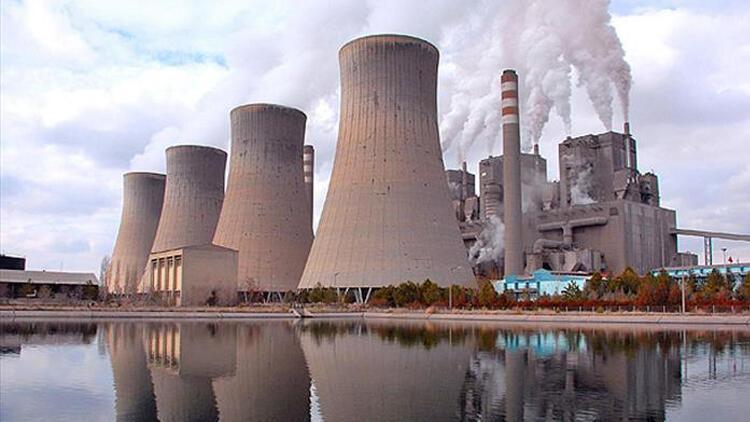Parliamentary committee removes ‘filter article’ in thermal plant law
ANKARA

The Turkish Parliament’s planning and budget committee on Dec. 4 removed the filter installation postponement regulation in the relevant thermal plant law, following President Recep Tayyip Erdoğan’s veto.
According to Abdullah Tancan, the deputy energy minister, the thermal plants will face penalties in accordance with environment regulations with the start of 2020.
Answering the deputies’ questions in parliament, Tancan said that the thermal plants can be shut down after an auditing procedure. The Environment Ministry will be in charge of the examinations, he said.
“If there are those which have deficiencies in ensuring emission levels, despite having a temporary operation certificate, administrative fines will be implemented,” he said. After the fine, the plants will be given a certain amount of time, he added.
The thermal plants, which do not have certificates, will be shut down, Tancan said. The certificates Tancan was referring to are given to plants that have filters in their flues.
During the committee’s meeting, ruling Justice and Development Party (AKP) deputy for the Black Sea province of Giresun Cemal Öztürk said that the article emerged “out of a need.”
“Energy is a need. For this need to be fulfilled, these plants should continue to work, yet they damage human life and nature,” he said.
Öztürk also said that the withdrawal of the said article would be “appropriate.”
Main opposition Republican People’s Party (CHP) Ankara deputy Bülent Kuşoğlu said a president’s veto on a law is “not abnormal,” but this event has “scarred” parliament.
“This has been troublesome for all of us. This article was included in the motion with a last-minute proposal. Items should not be added to motions without consideration, assessment and discussion. Then, problems can occur about the reputation of the Grand National Assembly of Turkey,” Kuşoğlu said.
On the other hand, Nationalist Movement Party (MHP) deputy for the Central Anatolian province of Konya Mustafa Kalaycı said the veto discussion should not be disrupted with other matters. He added that the legislative prerogative belongs to parliament.
“The president has the power to partly or fully return the laws. The authority is in parliament. This return shows that the balance-auditing mechanism between legislative and executive functions,” Kalaycı said.
The opposition İYİ (Good) Party also voiced its support for the removal of Article 50, which foresees a two-and-a-half-year delay in filter installations in thermal plants’ flues.
Meanwhile, Peoples’ Democratic Party’s (HDP) Aegean province of İzmir deputy Murat Çepni said such critical articles, which can cause impossible-to-restore damages, should be consulted with more authorities.
The Turkish Parliament on Nov. 21 passed a motion that postponed the installation of filters in 15 thermal plants for two-and-a-half years. Before the motion, the thermal plants had a deadline to install filters until Dec. 1. It passed in parliament with the majority of AKP and MHP votes.
The motion had drawn public anger due to concerns over air pollution and severe health problems.
Erdoğan on Dec. 2 vetoed the law, the spokesperson for the AKP announced.
It was the very first veto signed by Erdoğan after Turkey switched to the presidential system in 2018.
The president had said Turkey will not allow toxic fumes from unfiltered thermal plants to “poison” its public and accused energy firms of not fulfilling their promises regarding the environment.
















